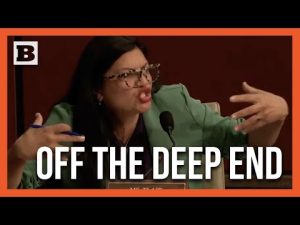The recent turmoil surrounding TikTok following the tragic assassination of Charlie Kirk shines a glaring spotlight on the impact social media has on our youth, not to mention the societal decline it highlights. At the heart of this calamity is TikTok, a platform that has managed to captivate millions of young minds, while seemingly providing a megaphone for some of society’s most reprehensible individuals. While many may find TikTok a harmless outlet, the implications of its use in the spreading of harmful rhetoric cannot be ignored.
In the aftermath of Kirk’s death, there’s been an outpouring of both sympathy and astonishingly hateful rhetoric on TikTok, raising questions about the very nature of these social platforms. It’s a sobering thought, considering former President Donald Trump himself acknowledged TikTok’s curious power. It may have aided his connection with younger voters, but it’s also clear that the platform has become a double-edged sword. While TikTok helps some engage politically, it simultaneously enables the spread of toxicity.
Unfortunately, TikTok isn’t the only concern here. The broader issue lies in the rise of groups like ANTIFA, which Trump has vocally addressed. He suggests they are, in essence, a domestic terrorist group. These aren’t harmless protesters; according to him, they incite violence, destroy property, and show blatant disrespect for American symbols like the flag. If setting fire to Old Glory isn’t enough to spark outrage, then what is? Their actions toot a horn of anarchy, sending the message that chaos is king, and underlying democratic principles are just collateral damage.
The real tragedy here is the erosion of civility and the apparent lack of boundaries when it comes to free speech. Trump posits that the line between hate speech and free speech is becoming irreversibly blurred, as people hurl insults and propagate falsehoods with alarming nonchalance. This toxic environment further complicates the arduous task of uniting a nation that seems hopelessly fragmented, each social media platform acting as an echo chamber for its own brand of fanaticism. Are we not better than this?
Aging like fine whine, these social media battles and group defamations seem to feed off each other, as if part of an endless cycle. Americans might yearn for a glimpse of economic success to ease these tensions, but with the cacophony of voices drowning out reason, one wonders if prosperity alone can heal these deep divides. Unless we address the root causes—whether it’s unchecked social media platforms or violent extremist groups—the solution remains as elusive as a bipartisan agreement. The dream of unity seems second place to the nightmare of division, a sad testament to the current state of affairs.







